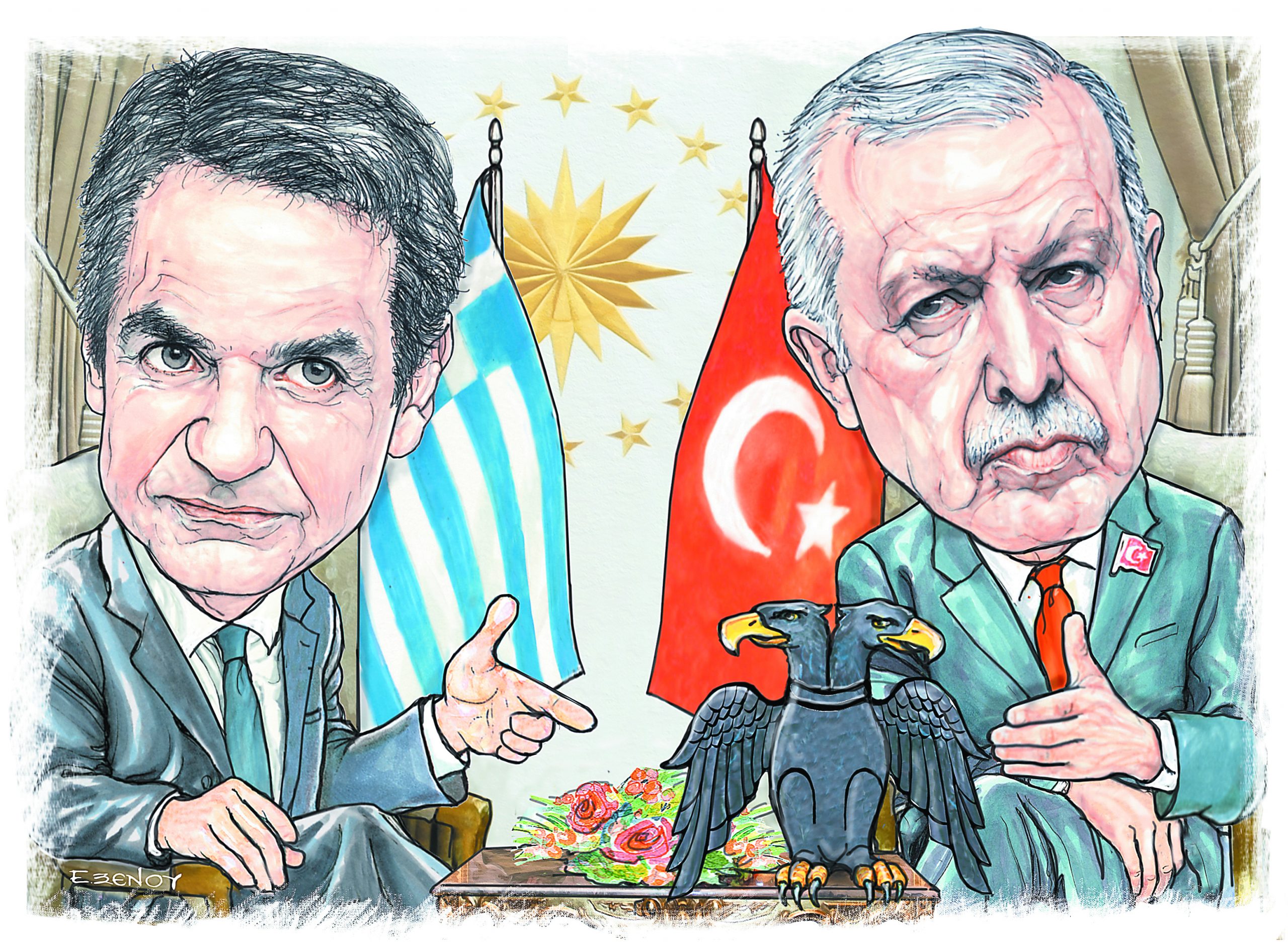Needless to say, Mitsotakis’ visit to Ankara and his meeting with Erdoğan is not destined to change the course of history, just as it hasn’t stirred up waves of nationalist enthusiasm.
But it is a necessary effort aimed at mutual understanding and coexistence. Made in the hopes that it will prove to be an honest effort from both sides.
Neither of which can be expected to be jumping for joy at the prospect. Which is to say no one is demanding that either side abandon their red lines or positions that have been shaped by history.
The important things is that we sit down to talk, even when—indeed, especially when—we disagree.
No surprises there, then. It is the path of reason. After all, in international politics, the fireworks of enthusiasm and sensationalism are usually short-lived and deliver little or nothing in the way of results.
The much-discussed Prespa Agreement is a good recent example. There is a feeling that the Agreement will have a rocky road ahead of it now, given the political change in North Macedonia.
That we will see whether it will be called into question, and if it can withstand any such challenge from the new leadership.
Or whether it will prove to have been nothing more than a naive maneuver by North Macedonia, designed to facilitate its relations with NATO and the European Union. Which is what many of its critics feared from the start.
Of course, Greek-Turkish relations are not strictly a Greek-Turkish affair. They are clearly influenced by the climate in Turkey’s relations with the West in general and the US and the EU in particular.
After all, it has been clear for some time now that these relations are diverging rather than converging, with no credible indications of a sea change in sight. Witness the recent postponement of Erdoğan’s visit to Washington.
So, realistically speaking, nobody expects Erdoğan and Mitsotakis to resolve the problems that exist.
Still, it is prudent of Mitsotakis not to aggravate still further the context in which the two sides are seeking common ground with extreme statements about the Monastery of Chora, or (even worse) by cancelling the meeting altogether, as various stupid people urged him to do.
There is certainly no doubt that the “Islamization” of Turkey is a matter of concern to us, as it is to the West as a whole. It would be foolish to deny that it does not.
But Turkish society is primarily a matter for the Turks and their government.
We are not partners in the same shop, nor are we ever destined to be, despite our being obliged to live in the same neighborhood.
And that is something that would be very hard to change.



